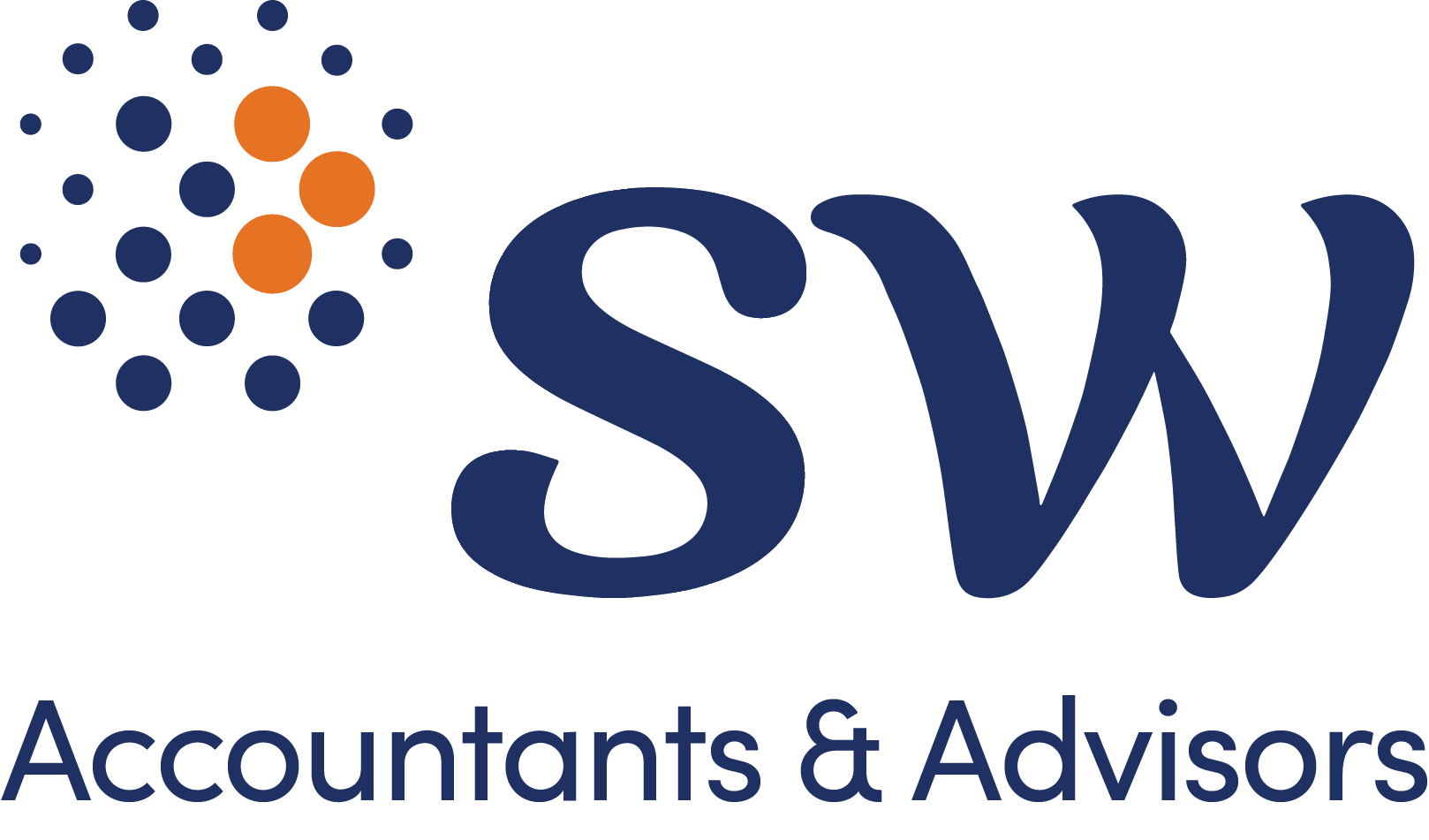
Large private company thresholds double from 1 July 2019
30/05/2019
Changes to the Corporations Act 2001 mean some private (proprietary)
companies will no longer be classified as large, and audited financial
reports no longer required.
What you need to know
Recent amendments to ‘Proprietary Company Thresholds’ in the Corporations Act 2001 have doubled the current thresholds for proprietary companies classified as ‘large’, and many companies that historically lodged audited financial statements with ASIC will no longer be required to do so.
Effective for financial years beginning on or after 1 July 2019, Treasury expects the change to reduce the number of companies lodging financial statements by around 30% compared to lodged financial statements in the 2017/18 financial year. This is before taking into account the impact of AASB 16 Leases, which is expected to increase the gross assets of many proprietary companies.
Definition of a large entity
The increase in thresholds will mean from 1 July 2019 a proprietary company will be considered ‘large’, for
a financial year, where any two of the following three thresholds are met on a consolidated basis:
1. Revenue
– Before 1 July: $25m
– After 1 July: $50m
2. Gross assets
– Before 1 July: $12.5m
– After 1 July: $25m
3. Number of employees
– Before 1 July: 50
– After 1 July: 100
The new thresholds will also apply to ‘small’ foreign owned companies seeking to obtain relief from ASIC for lodging audited financial statements.
Impact of the new thresholds
Proprietary companies should now be looking at their forecasts for FY20 and consider if they will be classified as ‘large’.
If so, it will be required to prepare and lodge an audited financial report, a director’s report and an auditor’s report with ASIC each financial year.
How can we help
- We can assist you in forecasting FY20 accounts to determine whether your entity will be classified as ‘large’, and whether you will need to continue auditing your financial statements.
- While you may no longer be required to lodge company accounts, they may be other benefits to maintaining audited annual financial statements.
These might include a requirement by shareholders or lenders, suppliers or other stakeholders. We are happy assist you to determine whether this may be needed.
| René Muller |
| Hayley Underwood |



